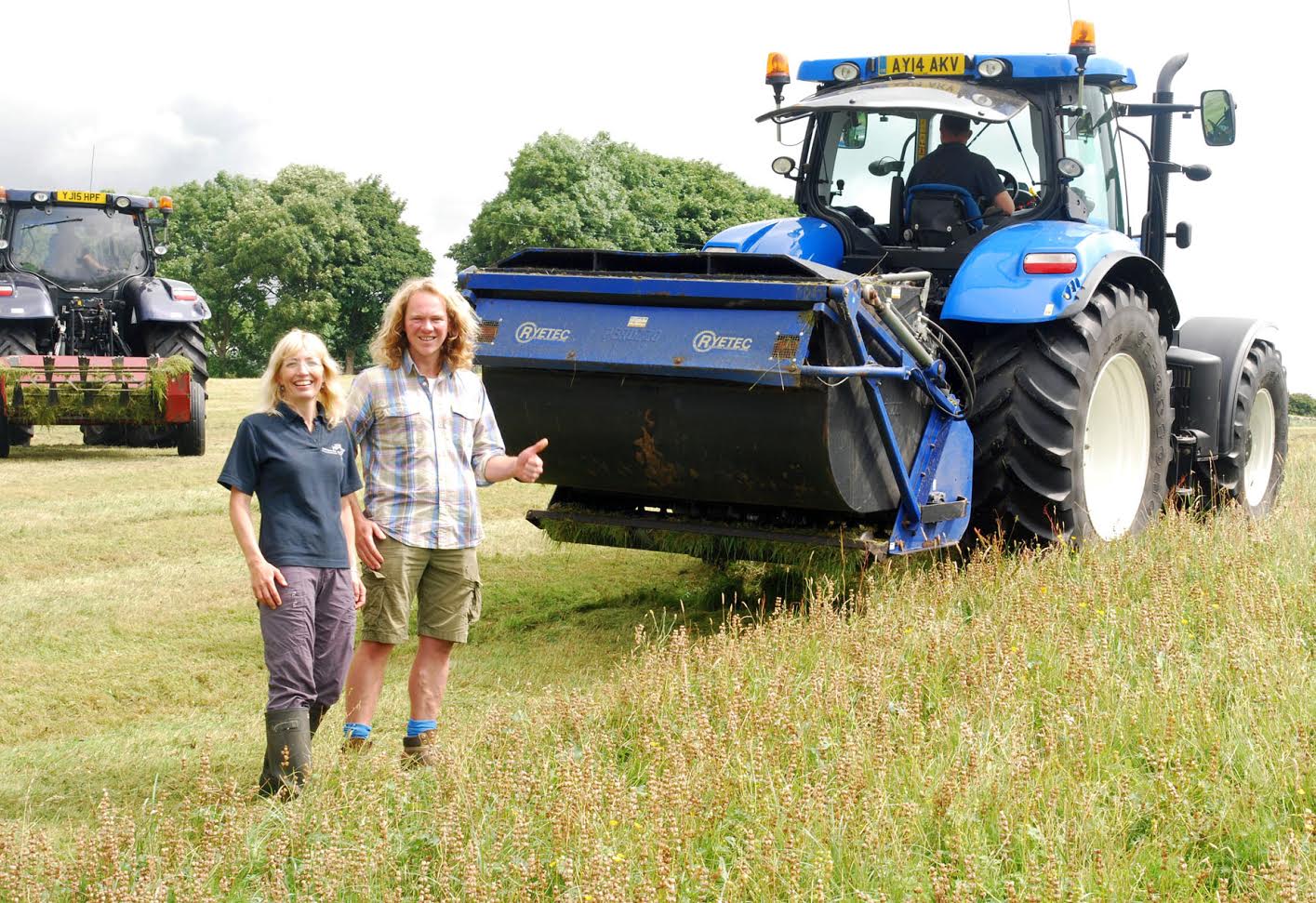
A decade ago charity Yorkshire Dales Millennium Trust (YDMT) launched an ambitious scheme to save the declining species-rich hay meadows in the Yorkshire Dales.
Ten years and 600 hectares later they are still making meadows.
Over the last fifty years, 97% of meadows in the UK have been lost through agricultural intensification, making them one of our most threatened habitats.
Only 1000 hectares (less than 4 square miles) survived, putting hundreds of species of wildflowers and plants, bees, birds and other native wildlife species at risk.
YDMT has worked alongside farmers and with partners Natural England, the Yorkshire Dales National Park Authority and Forest of Bowland AONB to restore more than 600 hectares (over 2 square miles) of degraded meadows across the Yorkshire Dales and Forest of Bowland so far, helping to bring this precious habitat back from the brink.
When original funding for the project came to an end in 2013 YDMT set up the Hay Time Appeal which has raised a massive £186,500 over the last three years to help continue this vital work.
'Struck a chord with people'
Ambassador to the Hay Time project Chris Myers said: "YDMT’s work to bring back wildflower meadows has really struck a chord with people.
"Not only because these meadows are vital habitats for native wildlife, but also because they are a beautiful and iconic part of our landscape, and a living piece of our cultural history."
Tanya St. Pierre, YDMT’s Hay Time Officer said nothing would have been achieved without the support of farmers.
"You’ve made it possible for us to keep the project going for so long."
The Hay Time project is not just about practical conservation. Through education and events it is also helping more people to experience the beauty of species-rich meadows, and helping them to understand the vital role they play as a habitat for pollinators and rare species.
